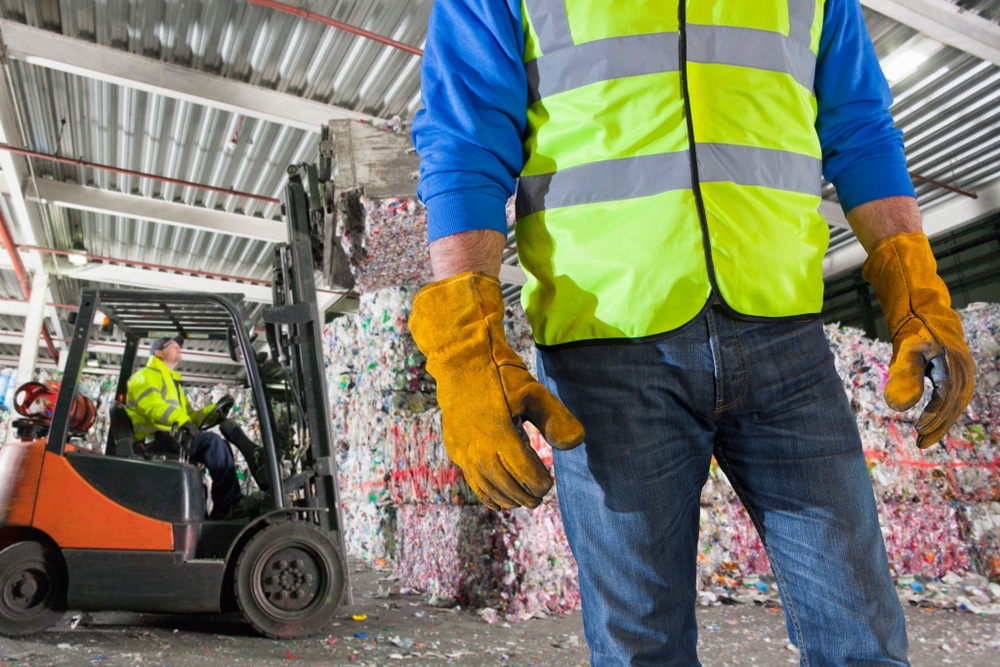Despite efforts made by local councils to enhance household waste recycling, recycling rates have reached a stagnant point, according to new data.
Recycling and waste management company CRJ Services’ analysed seven years of waste collection data (dry recycling, residual waste, organic waste, and food waste) from the 10 largest councils by population in the UK.
The shows that certain regions have even witnessed an increase in the disposal of waste in landfills or through incineration methods.
In 2021/22 across the ten largest councils by population, 508,657 tonnes of waste was recycled – the equivalent of six Taj Mahals.
Waste recycled
- Leeds City Council: 72,196 tonnes
- Birmingham City Council: 67,544 tonnes
- Manchester City Council: 65,346 tonnes
- Bristol City Council: 55,089 tonnes
- Liverpool City Council: 52,515 tonnes
- Bradford Metropolitan District Council: 46,423 tonnes
- London Borough of Croydon: 44,437 tonnes
- Sheffield City Council: 42,225 tonnes
- London Borough of Barnet: 39,525 tonnes
- Kirklees Metropolitan Borough Council: 23,357 tonnes
The report launches in light of the National Infrastructure Commission recently calling on the government to “urgently implement” waste legislation needed to achieve a 65% recycling rate by 2035.
Consistent approach required
CRJ Services is now calling for local authorities to establish a consistent approach to tackling recycling across regions and support consumers in understanding more about how to recycle their household waste.
Budget cuts and funding restrictions have forced many local authorities to charge for recycling collection. Analysis from CRJ Services shows that charging households appears to reduce the amount of recycling collected overall, putting local authorities in a challenging position to meet recycling targets.
Lack of understanding
Rob Symons, operations director of CRJ, said: “Local authorities are facing difficult decisions and in many cases, are having to sacrifice practices that would encourage effective recycling in order to stay afloat – illustrated by our findings.
“While people are getting better at recycling, there’s still a lack of understanding, knowledge and even care when it comes down to where to discard of your household waste.
“Private companies, especially manufacturers, have the power to reshape consumer behaviour and enhance recycling efforts without incurring substantial expenses. Whether it involves enhancing consumer awareness regarding packaging, or introducing recycling incentives, companies have the capacity to foster a genuine shift in individuals’ waste-consciousness.”



